One's own religion is after all a matter between oneself and one's maker and no one else's
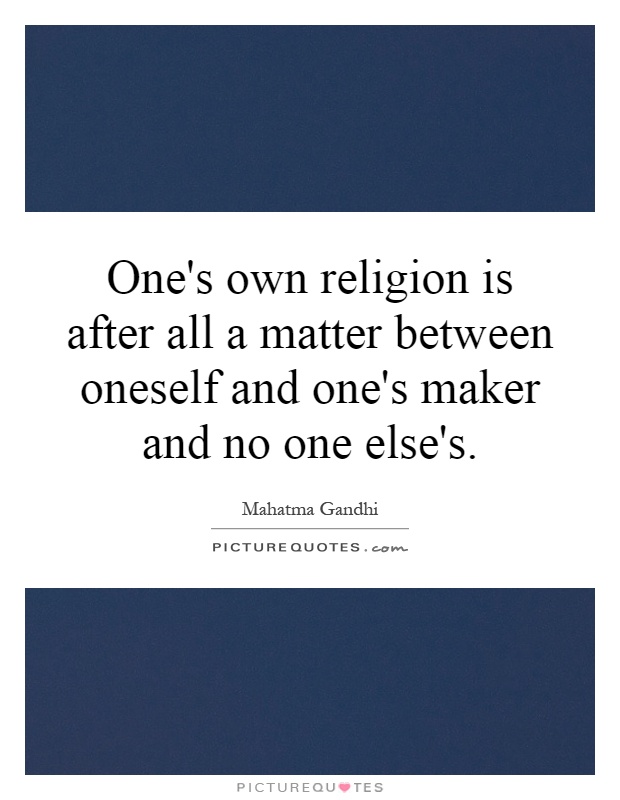
One's own religion is after all a matter between oneself and one's maker and no one else's
Mahatma Gandhi, the revered leader of the Indian independence movement, was a deeply spiritual man who believed in the power of religion to guide individuals on their path towards truth and righteousness. Throughout his life, Gandhi emphasized the importance of personal faith and the relationship between an individual and their maker. He famously said, “One's own religion is after all a matter between oneself and one's maker and no one else's.”Gandhi's belief in the personal nature of religion was rooted in his understanding of the diversity of faith traditions and the need for tolerance and respect for all beliefs. He recognized that each individual has their own unique spiritual journey and that it is not for others to judge or interfere with that relationship. Gandhi himself drew inspiration from a variety of religious traditions, including Hinduism, Christianity, Islam, and Jainism, and he saw value in the teachings of each.
For Gandhi, religion was not just a set of rituals or beliefs, but a way of life that guided one's actions and interactions with others. He believed that true religion should lead to compassion, nonviolence, and service to others. In his famous autobiography, "The Story of My Experiments with Truth," Gandhi wrote about his struggles to live up to the ideals of his faith and the importance of constantly striving to improve oneself.
Gandhi's emphasis on the personal nature of religion also had political implications. He believed that individuals should be free to practice their faith without interference from the state or other authorities. This belief in religious freedom was a central tenet of Gandhi's philosophy of nonviolent resistance, as he saw the right to worship as a fundamental human right that should be protected at all costs.


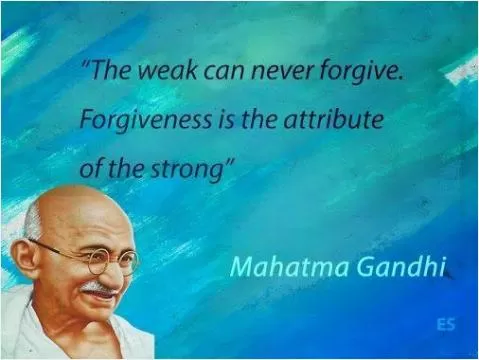

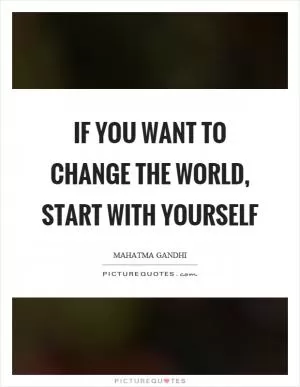
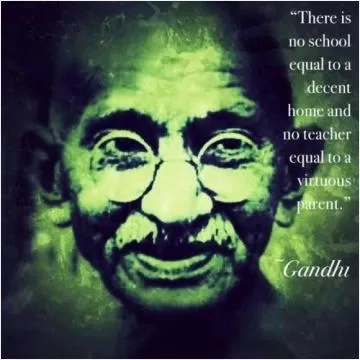


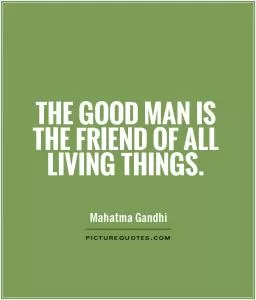
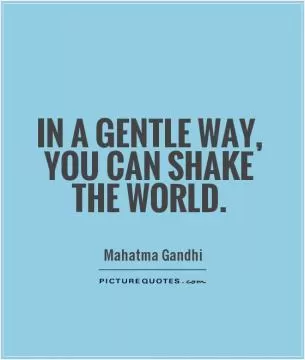
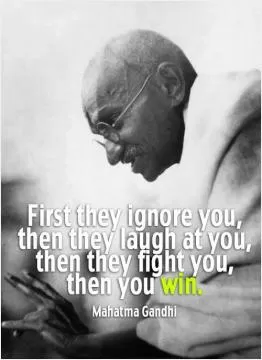
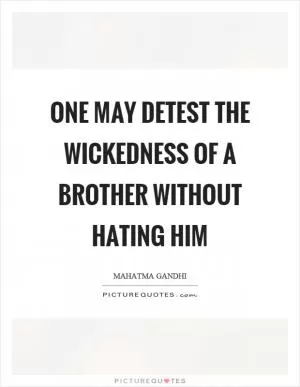
 Friendship Quotes
Friendship Quotes Love Quotes
Love Quotes Life Quotes
Life Quotes Funny Quotes
Funny Quotes Motivational Quotes
Motivational Quotes Inspirational Quotes
Inspirational Quotes